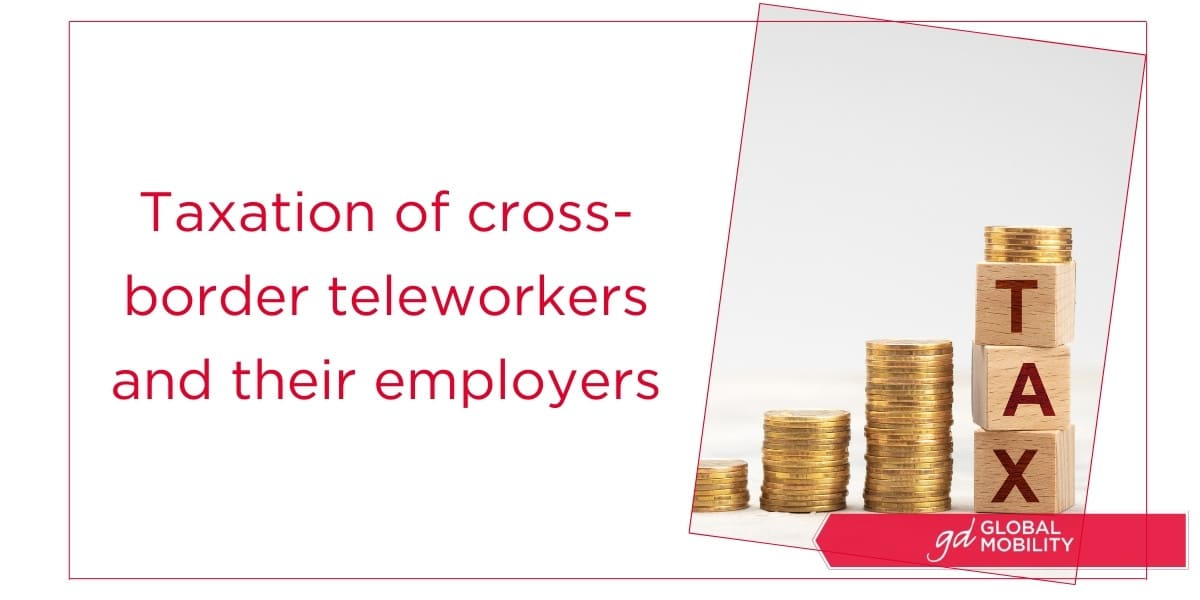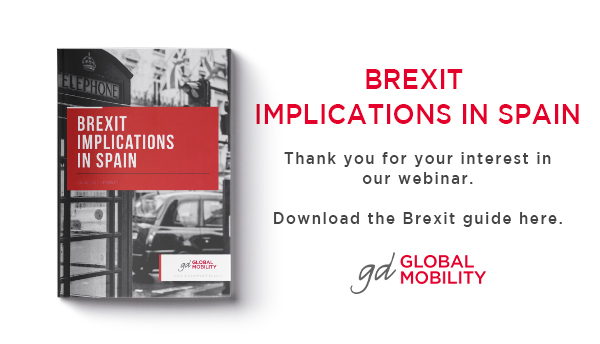
Having into account that the Covid 19 pandemic has implied the rise of teleworking, it is necessary to adopt european taxation measures in order to avoid double taxation for both employers and employees.
In this sense, the Opinion released by Krister Andersson (EESC) gives some specific comments for reaching permanent measures at an European level with the intention to facilitate and reduce the administrative burden for the taxpayers. A closer coordination between Member States (MS) in the cross border taxation field is also required.
It is important to stress that employees would gain more flexibility and environmental EU objectives (lower amount of carbon emissions) would be more likely to be achieved in a new digital working culture.
The Opinion states that the rules should be easy for both employees and employers. This principle would facilitate the possibility for companies of all sizes offering teleworking opportunities along with the ensurance of the non double-taxation and the elimination of any administrative obligations related to the taxation of cross-border teleworkers (those who work some days from their residence and other days cross the border to go to the workplace).
The Opinion explains the general backgrounds and the particular challenges that the rise of cross- border teleworking pose to the taxation of wages and company profits.
The risk of inadvertently creating a permanent establishment
In terms of the taxation of company profits, international teleworkers (those who always work from their residence) may run the risk of inadvertently creating a permanent establishment (PE) for the company in a country other than its own.
If a PE were established in another country, the company would be forced to accurately divide its corporate income between the two locations, and thus be subject to different filing obligations and tax liabilities.
Due to concerns arising from the possible creation of PEs as a result of cross-border telework, the OECD issued guidance on the topic in April 2020 and March 2021. The OECD considered that "the exceptional and temporary change" of the place of location where employees work, "should not create new PEs for the employer".
In general, the OECD argued that "even though part of the business of an enterprise may be carried out at a location such as an individual's home office, that should not lead to the conclusion that that location is at the disposal of that enterprise simply because that location is used by an individual (e.g. an employee) who works for the enterprise", arguing that an employee being forced to work from home due to the COVID-19 pandemic and public health measures "lacks a sufficient degree of permanency or continuity" in order to consider its home as a PE for the employer.
The OECD, whilst underlining the exceptional nature of the COVID-19, did note that if employees continued to work from home after the COVID-19 pandemic, thus delivering a certain degree of 'permanence or continuity' to their home office, it would "not necessarily result in a business PE". Such situations would require further examination of the specific facts and circumstances, according to the OECD.
For persons in decision-making positions, tax authorities have often challenged whether a PE may have been established.
What are the main measures specified on the report?
The Opinion provides interesting measures that can be held in order to avoid the double taxation in a contexto of international teleworking:
1.- One possibility would be for Member States to agree to only tax the employee if the number of working days in the country excedes 96 days per year.
2.- Also, EESC states that one stop-shop system, like the existing in the VAT area, could be a possibility. It would require the employer to report for cross-border teleworkers the number of days they have worked in their country of residence and in the country where the employer is located. With this information – underlines the report - tax authorities would be able to asess in which country income would be taxable. This structure would ensure tha taxes are levied correctly without requiring the individual to file in a multiple countries.
3.- Another consideration relies on the reduction of administrative burden with closer cooperation between Member States’ tax authorities. Such cooperation would make life simpler for ordinary citizens and businesses and it would increase the possibilities to combat fraud and tax evasion.
The employer typically has to withhold taxes on the employee's wages and salaries.
Furthermore, social security contributions to public pensions schemes and other social benefits for the employee are often paid separately but based on the income of the employee. It would considerably reduce the administrative burden if such levies could be paid by the employer for the employee in such a way that the one-stop shop would allocate the funds to the appropriate recipient country. Such a system would require close cooperation between tax authorities and electronic filing.
How can GD Global Mobility help you?
At GD Global Mobility we are experts in international taxation and we understand the importance of proper expat tax planning, which ensures the correct fulfilment of tax obligations and at the same time takes advantage of the different tools that legislation offers to fiscally optimize the displacement of workers in order to reduce costs.
Contact us and we will answer all your questions concerning international tax.




